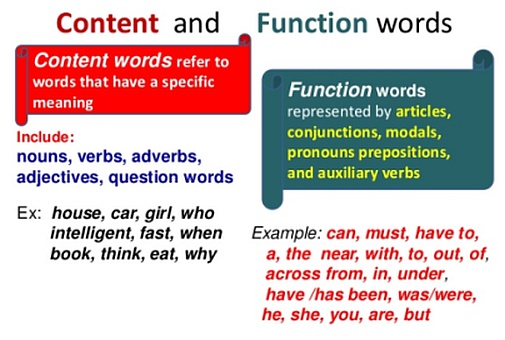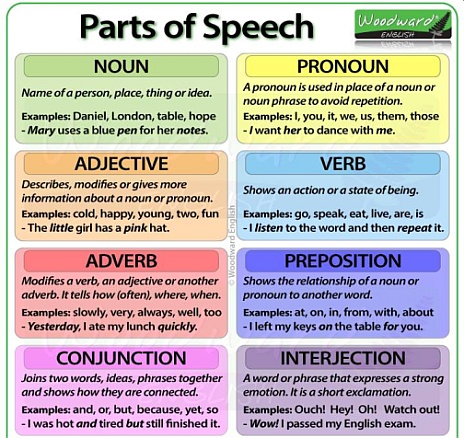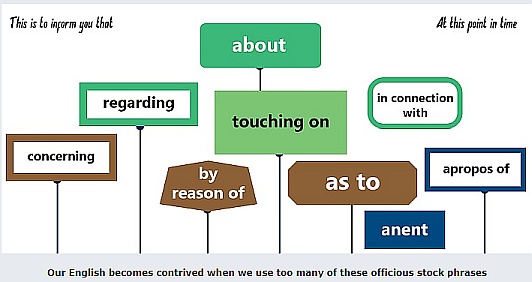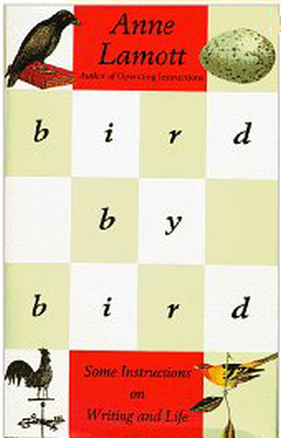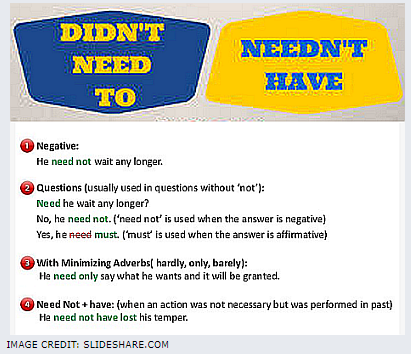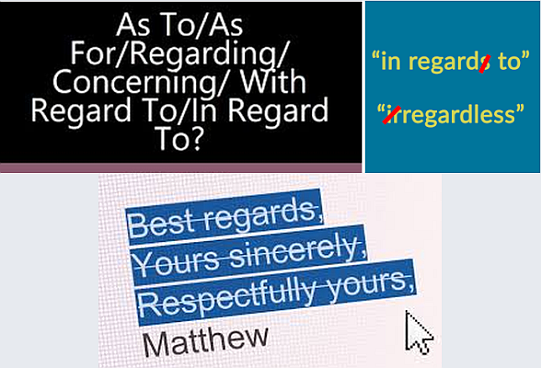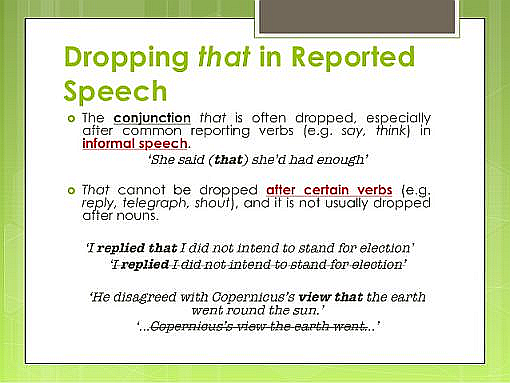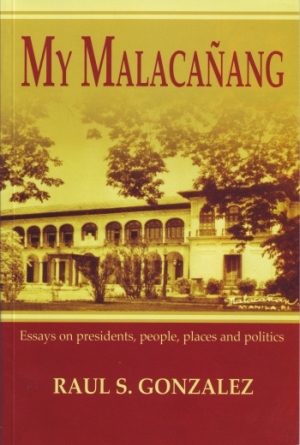Sometime in 2013 A Tanzania-based member of Jose Carillo's English Forum thanked me for writing on the need to avoid officious stock phrases when writing or speaking. Mwita Chacha said: "I agree that the best way to effectively get our ideas across is by making our sentences as precise as possible. But as a beginning writer, I sometimes feel reluctant to use one word more than two times in the same writing. That's why I'm sometimes tempted to alternate, say, ''about'' with such unpleasant bureaucratic phrases like ''with regard to,'' ''with reference to,'' ''as regards.'' Admittedly, they sound standoffish and tend to get in the way of clear communication, but I think they help in many ways eradicate repetition in the prose. Is there any better tactic of getting rid of repetition?"

In reply, I wrote Mwita Chacha that the repeated use of a particular word in writing is not bad per se; it’s the dysfunctional overuse of that word that has to be studiously avoided. And I wouldn’t use the word “tactic” to describe such studious avoidance, for a tactic seems too fleeting and too short-term an approach for dealing with unpleasant over-repetition. Instead, I would go for the word “strategy” to describe the more methodical and wide-ranging way for achieving that objective.
To come up with such a viable strategy in English, we need to distinguish between its two general types of words and to understand the matter of language register and tonality.
The two general types of words in English, you will recall, are the
content words and the
function words. The
content words are the carriers of meaning of the language, and they consist of the
nouns,
pronouns,
verbs,
adjectives,
adverbs, and
interjections. The
function words are the logical operators of the language, and they consist of the
prepositions,
conjunctions (the
coordinating conjunctions and
subordinating conjunctions), and
conjunctive adverbs. In a class of their own are
the articles “a,” “an,” and “the,” which many grammarians consider as neither content words nor function words (we won’t take up the articles here to keep this discussion more manageable).
Among the content words,
nouns are the most amenable to substitution with other words as a strategy for avoiding tedious repetition. For this purpose, of course, we routinely use
pronouns for subsequent mentions of subjects identified by name—“he” or “she” for singular proper names and “they” for one or more of them, and “it” for singular things and concepts and also “they” for one or more of them. In feature writing and in the more creative forms of expression, we can use
synonyms or similar words for subsequent mentions of particular nouns. Those synonyms can focus on particular or specific attributes of the subject or key word, thus giving the reader or listener more information about them without going into digressions that might just unnecessarily impede the flow of the exposition.
For example,
the subject or key word “John Updike” might be later referred to in an exposition generically as “the writer” or more specifically as “a writer of sex-suffused fiction,” “a notable literary realist,” “the prolific American novelist and short-story writer,” “the two-time Pulitzer Prize-winning novelist,” and “America’s last true man of letters.” Indeed, by using a synonym or brief descriptive detail, each subsequent mention of the subject becomes an opportunity for throwing new light on it for the reader’s or listener’s benefit.
As parts of speech in English,
verbs,
adjectives, and
adverbs each have a unique and distinctive meaning or sense. In the case of verbs, there’s a specific verb for every kind of action; for instance, while there are close similarities between “walk,” “stroll,” “saunter,” “amble,” and “jog,” they are not by any means perfectly synonymous. Thus, once you have used the verb “walk” the first time around for the action you are describing, it won’t be appropriate or advisable—just for the sake of avoiding repetition—to refer to that action as “stroll” the second time around, “saunter” the third time around, “amble” the fourth time around, and so on and so forth. For accuracy and authenticity’s sake, you’ve got to stick to “walk” in all subsequent mentions of that action you described as “walk” at the start.
This strategy should also be applicable to
adjectives and
adverbs. For instance, you’d be out of line describing a woman as “beautiful” the first time around, then describing her as “pretty,” “comely,” or “fair” in subsequent mentions; you’ve got to stick to “beautiful” or else not use that adjective again in the exposition. The same strategy would also apply to
adverbs; once you have described the manner an action is done as “cruelly,” you can’t refer to that same manner as “fiercely” in a subsequent mention. In fact, it would be good language policy to avoid repeat usage of adverbs (particularly those than end in “-ly”) or use their synonyms later in an exposition.
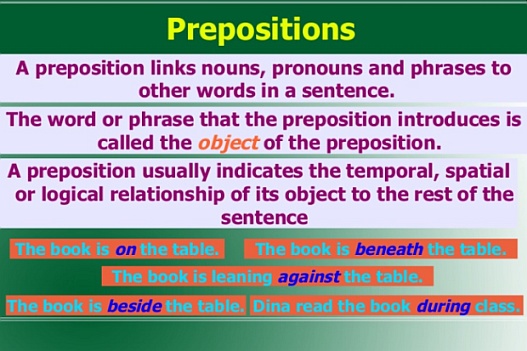
Now let’s take up what you describe as your reluctance to use one word more than two times in the same writing and, in particular, your being tempted to sometimes alternate the preposition “about” with such unpleasant bureaucratic phrases as “with regard to,” “with reference to,” and “as regards.” Of course it’s a good general approach to avoid using the same word or phrase more than two times in the same exposition, but strategically, I think you’d be ill-advised to alternate “about” with such phrases as “with regard to,” “with reference to,” “as regards” in subsequent parts of the same exposition. As you yourself have pointed out, although these phrases can eradicate repetition in your prose, they will definitely make your prose sound standoffish and thus just get in the way of clear communication. It will be like jumping from the frying pan to the fire, so to speak.
Along with the
preposition “about,” its synonymous phrases “with regard to,” “with reference to,” and “as regards” belong to the class of words known as the
function words. As I mentioned at the outset, function words are the logical operators of the language, and as such they have very specific purposes and roles to play in the creation of meaning in language. In the particular case of prepositions, there’s a unique word for combining a word or phrase with another noun phrase to express a particular modification or predication; as a rule, for instance, “on,” “in,” “at,” “to,” “toward,” and “after” can’t be substituted with or interchanged with one another. Most preposition usage is essentially conventional rather than logical, but it’s a fact that specific prepositions have become so well-established for evoking particular relationships in space, time, and logic that it would be foolhardy to misuse them, to trifle with them, or to tinker with them. The good writer knows that a healthy respect for the conventional usage of prepositions greatly paves the way for good communication.
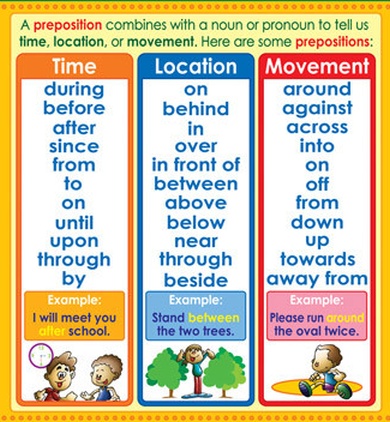
Now, the preposition “about” belongs to what I would call the normal, day-to-day language register of English. A
language register is, of course, simply a variety of a language that’s used in a particular social, occupational, or professional context.
In general, in terms of degree of formality, we can classify the language of register of English in six categories: very formal, which is characterized by very rigid, bureaucratic language;
formal, characterized by ceremonious, carefully precise language;
neutral, characterized by objective, indifferent, uncaring language;
informal, characterized by casual or familiar language;
very informal, characterized by very casual and familiar language; and
intimate, characterized by personal and private language. (Note here that I didn’t hesitate to used the verb “characterized” five times, for to have alternately used the verb phrase “distinguished by” would have been a needless distraction.)
It so happens though that over the centuries, the legal profession developed a variety of English that’s pejoratively called
legalese, an officious, legal-sounding language that can be roughly classified between very formal and formal language. This is the language used by lawyers in making contracts, affidavits, depositions, and pleadings before a court of law. A common feature of legalese is the substitution of the day-to-day, vanilla-type preposition “about” with the longish and ponderous phrases “with regard to,” “with reference to,” and “as regards” along with the substitution of such day-to-day, vanilla-type conjunctions “because,” “so,” and “later” with their longish equivalents “whereas,” “therefore,” and “hereinafter,” respectively. When legalese stays within the confines of the legal profession or community, however, all’s well with English as we know it.
The unfortunate fact, however, is that
legalese has continually leached into both written and spoken business English over the years, such that a typical memo or business report these days sounds very much like a legal brief meant for lawyers and court magistrates. When peppered with such legalese as “attached herewith,” “aforesaid,” “heretofore,” and “for your perusal,” the English of such memos and business reports becomes very rigid and bureaucratic and extremely formal or harsh in tone. This is the language register and tonality that your English would acquire if, for the purpose of avoiding repetition of the preposition “about,” you fall into the habit of routinely alternating it with such legalese as “with regard to,” “with reference to,” and “as regards.” What’s even worse, your use of these forms of legalese will force you to make unwieldy, complicated sentence constructions to match their ponderousness and severity.
My advice to you therefore is to fiercely resist the temptation to alternate common prepositions and the function words in general with their legalistic counterparts. You’ll be much better off as a writer and as a communicator by using the plain-and-simple English prepositions and conjunctions instead—even repeatedly. You can be sure that your readers or listeners will like it much better that way.


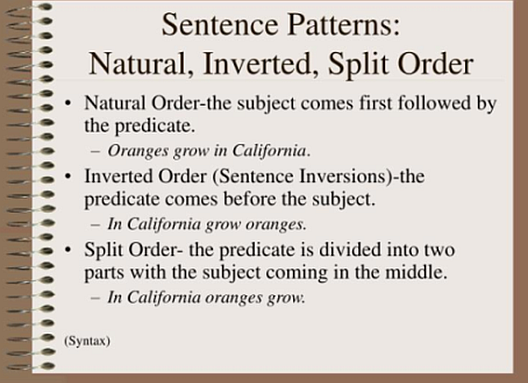





































 Recent Posts
Recent Posts